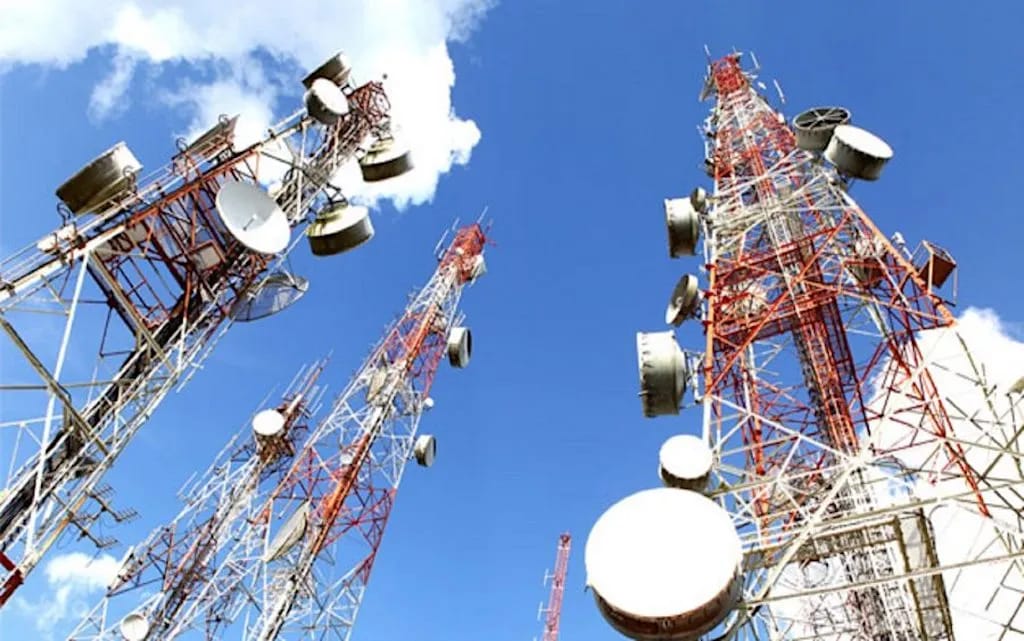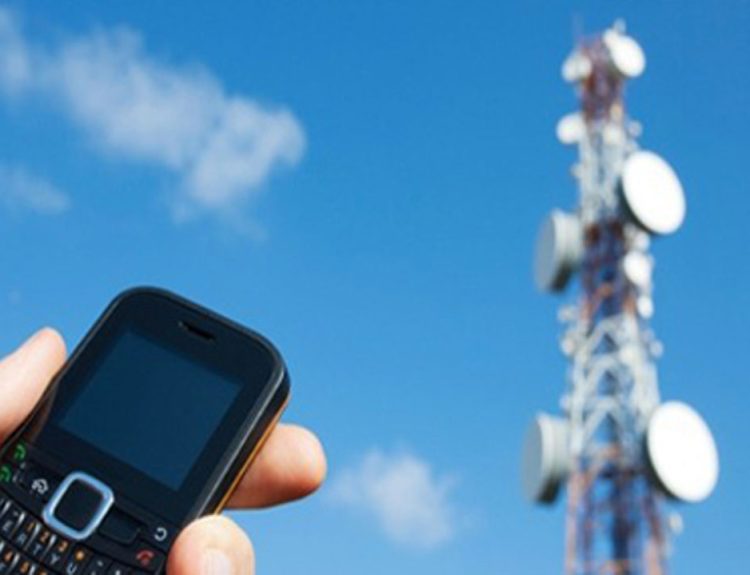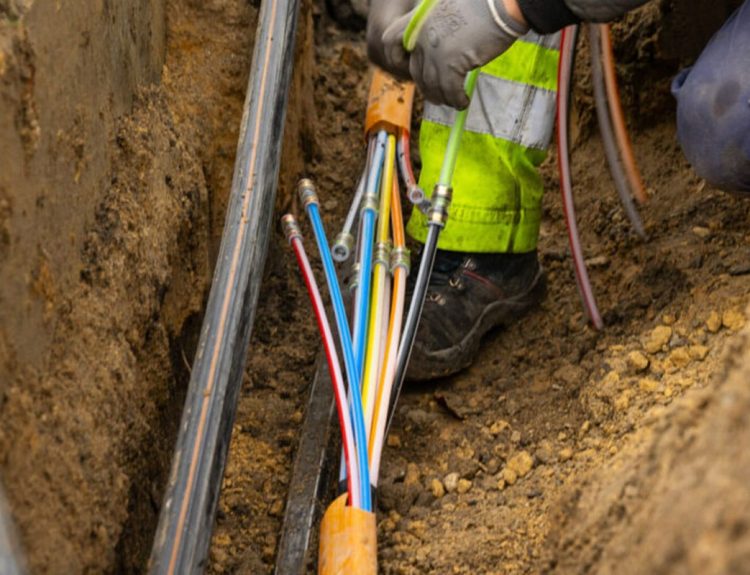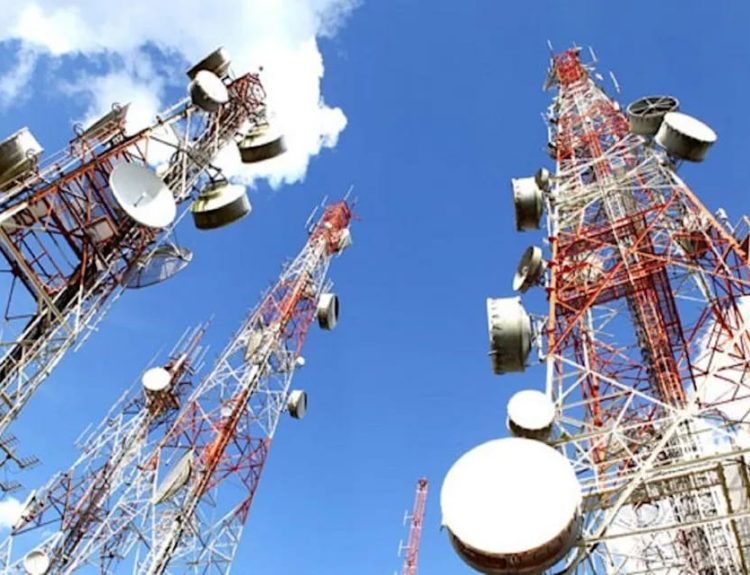Nigeria’s telecom industry may be thriving on the surface, but behind the scenes, a major crisis is threatening its foundation—unreliable electricity. Despite connecting millions and powering critical sectors like banking, education, and healthcare, telecom providers are locked in a daily battle to keep their infrastructure running in the face of chronic power shortages.
With over 45,000 base stations spread across the country, telecom operators are forced to rely on diesel generators to power their networks. What should be a backup has, for many sites—especially in rural areas—become the main power source. The cost? A staggering $350 million spent annually on diesel, with over 40 million litres guzzled each month. Industry giant MTN alone reportedly shells out more than ₦30 billion monthly just to keep its sites running.
This energy burden accounts for nearly 40% of telecoms’ operating costs. And the consequences trickle down to users: from higher call and data charges to poor service quality during outages. In places where grid access is especially weak, rural base stations cost up to 37% more to run than urban ones—further widening Nigeria’s already stark digital divide.
Environmental concerns are also piling up. The diesel fumes powering Nigeria’s digital lifeline are feeding carbon emissions, threatening climate goals and raising questions about the sector’s sustainability.
The Nigerian Communications Commission (NCC) hopes to boost telecom’s contribution to national GDP from its current 14.58% to 25%. But industry experts warn that won’t happen without fixing the sector’s power problems.
Dr. Aminu Maida, Executive Vice Chairman of NCC, says policy reforms are in the works to address these challenges. But observers argue that past efforts have skirted around the issue of energy, which remains telecom’s Achilles’ heel.
With over 320 million phone lines—173 million of them active—the telecom industry is critical infrastructure. Yet its survival depends heavily on consistent, affordable power, which is anything but guaranteed.
Gbenga Adebayo, Chairman of the Association of Licensed Telecommunications Operators of Nigeria (ALTON), has long been vocal about the danger of rising energy costs. According to him, unless Nigeria addresses the root issues, the telecom industry risks becoming like the power sector—plagued by inefficiency and investment flight.
“When the cost of operation keeps rising and there’s no matching investment, things start to fall apart,” he warned. “Some sites may go completely dark. Services might only be available for a few hours a day.”
Adebayo also reiterated the need for flexible pricing, arguing that regulators must allow telcos to set tariffs that reflect operational realities. “You can’t talk about service quality if you’re not investing. And no one will invest in a system where returns are stifled by rigid pricing and crushing energy bills,” he said.
In response, telecom firms are turning their sights toward renewable energy. MTN, Airtel, and others are investing in solar-powered hybrid systems, combining solar panels with battery storage and backup generators to cut diesel dependence.
They’re also ditching outdated lead-acid batteries for more efficient lithium-ion ones, which last longer and perform better in Nigeria’s harsh climate. In some areas, compressed natural gas (CNG) is being explored as a cleaner alternative to diesel.
But switching to green energy isn’t cheap. Solar setups and lithium-ion batteries require heavy upfront investment. There’s also the threat of vandalism—solar panels and batteries at remote sites are often stolen, prompting telcos to beef up security at significant extra cost.
Still, the industry isn’t backing down. The NCC has thrown its weight behind clean energy, encouraging public-private partnerships to fast-track the green shift. Advocates say it’s not just an environmental need—it’s an economic one.
Telecom analyst Kehinde Aluko summed it up this way: “Nigeria’s digital future can’t rest on diesel fumes. It must be powered by reliable, sustainable energy. The sun shines here almost all year. It’s time we let it power our conversations, our connections, and our progress.”














